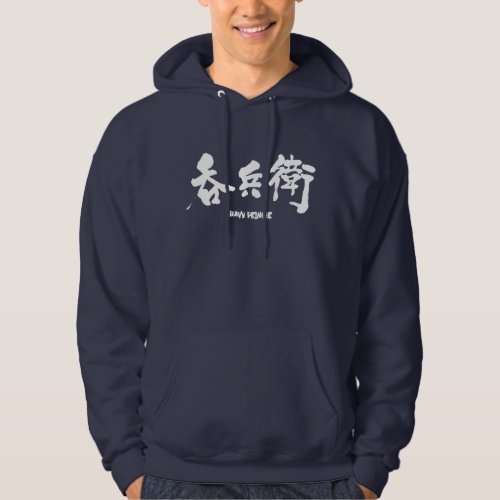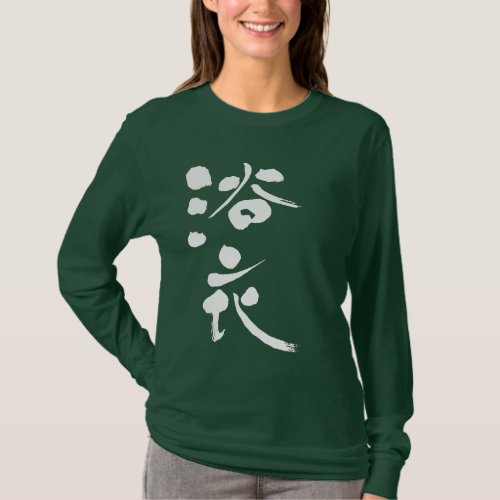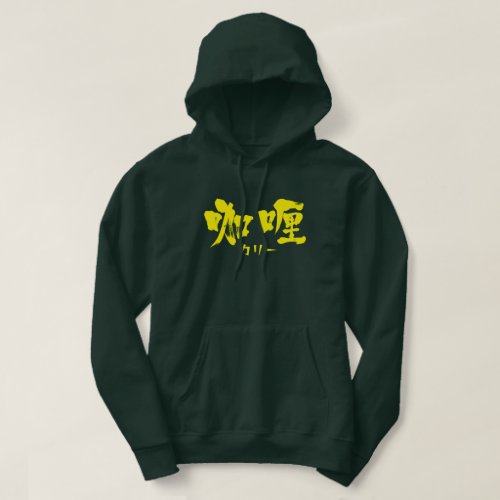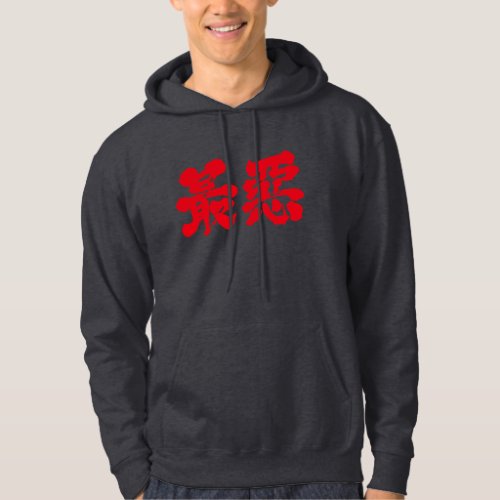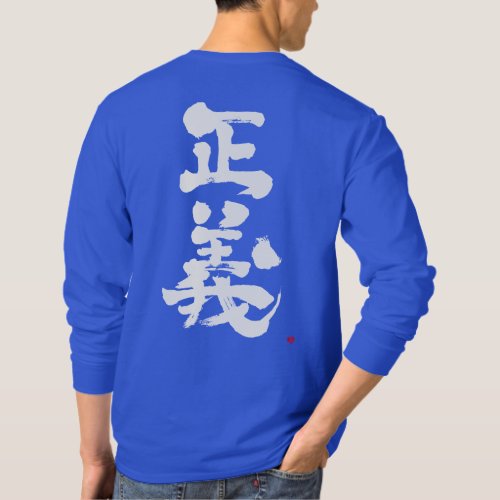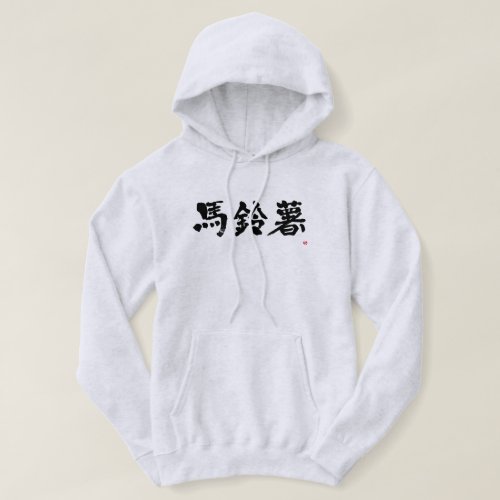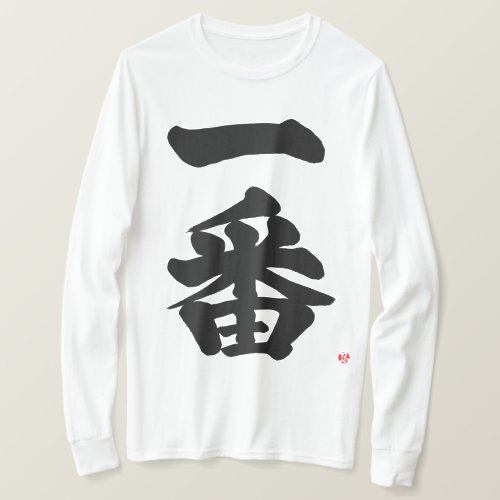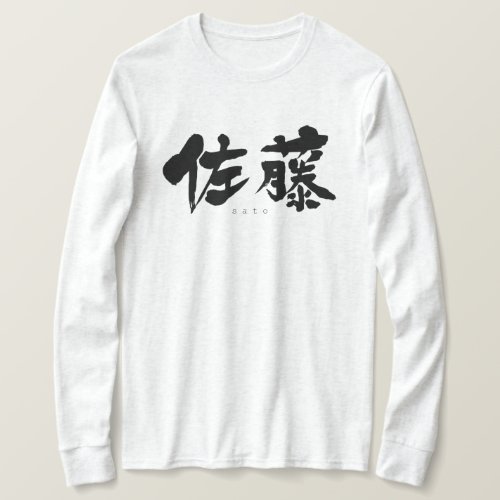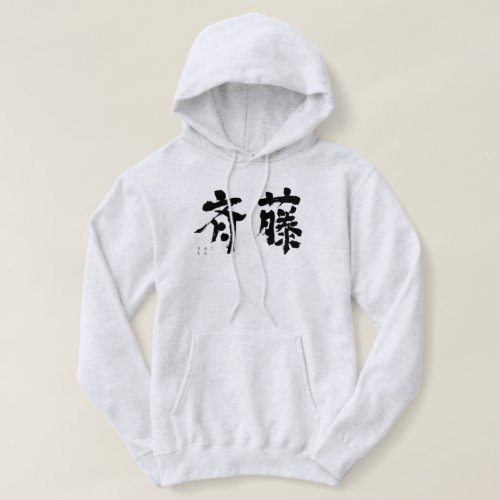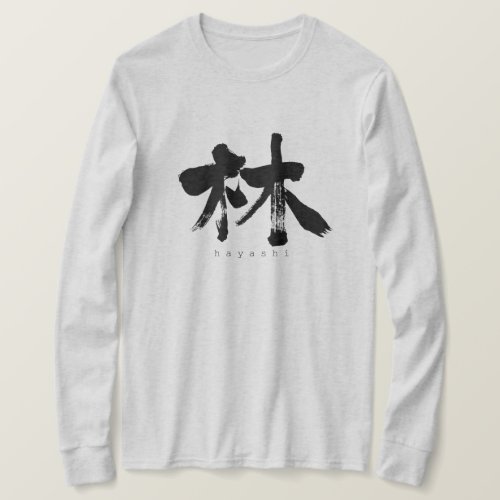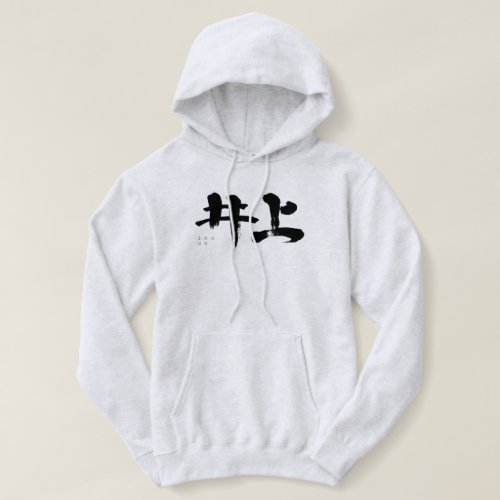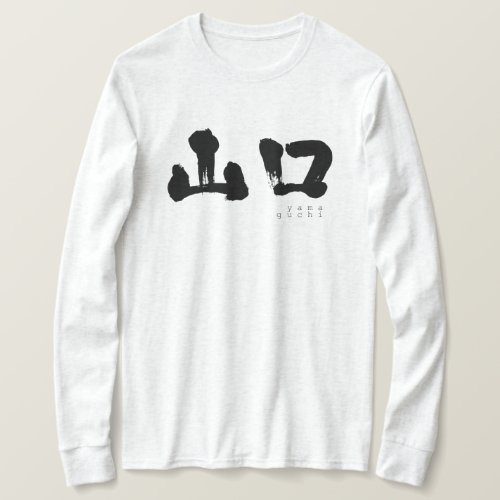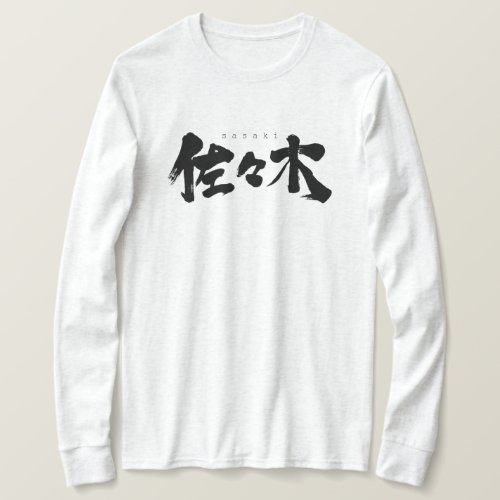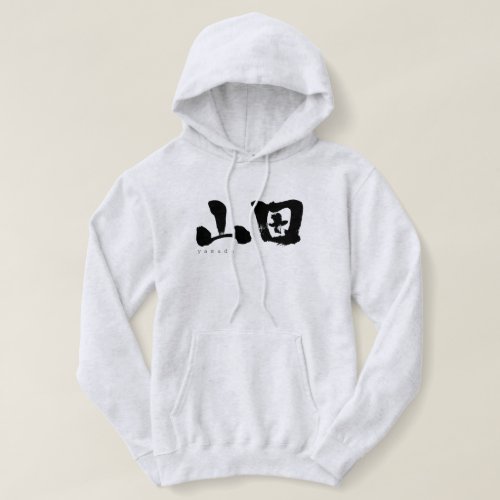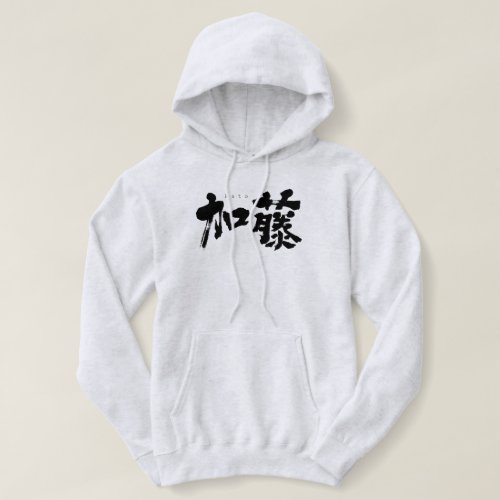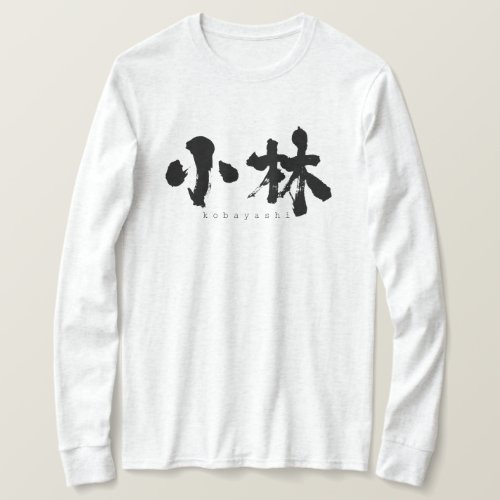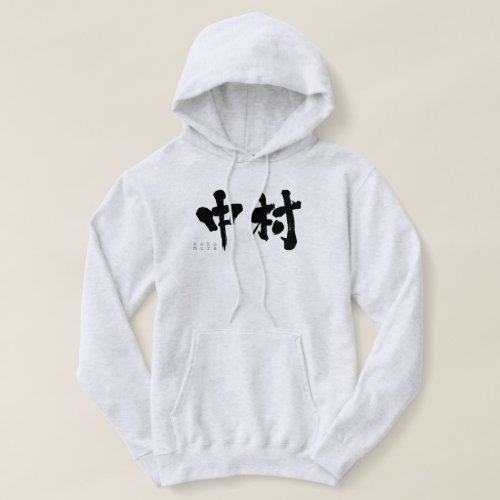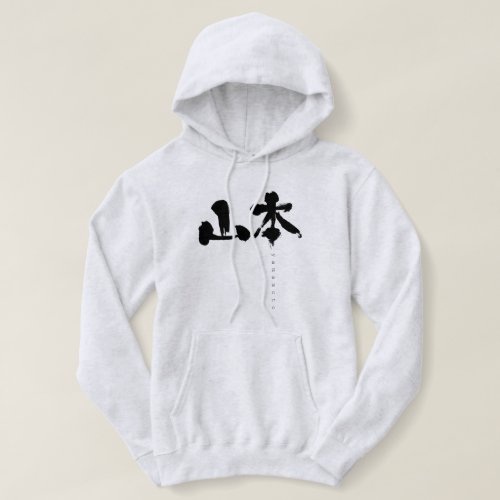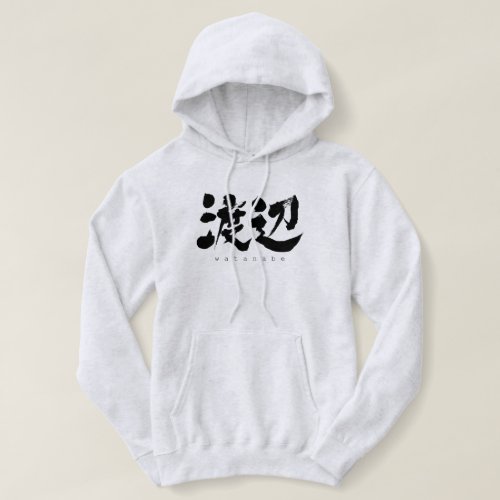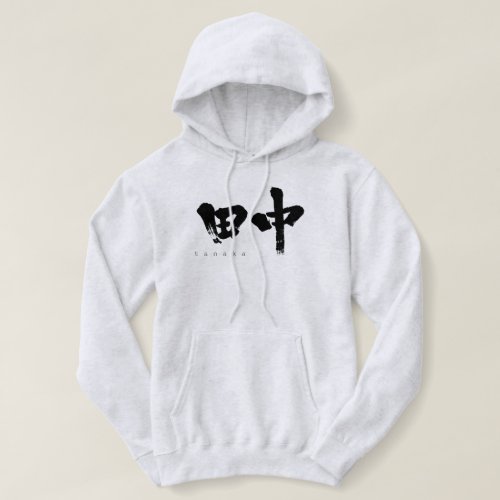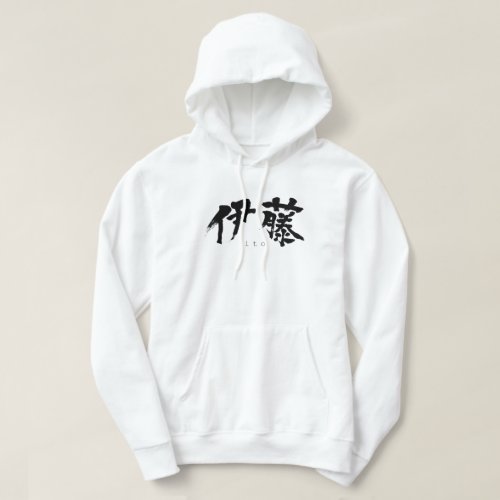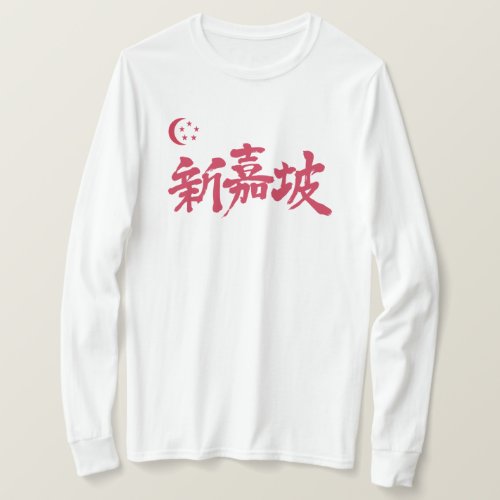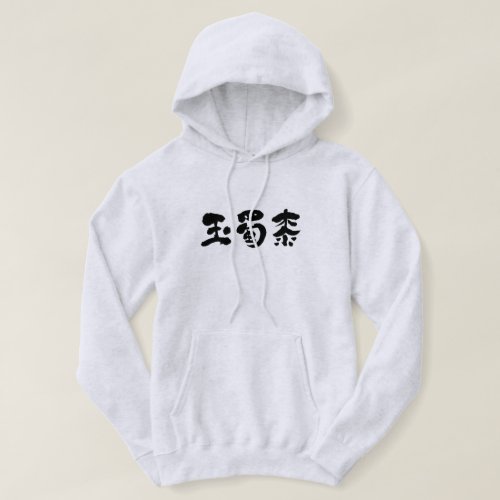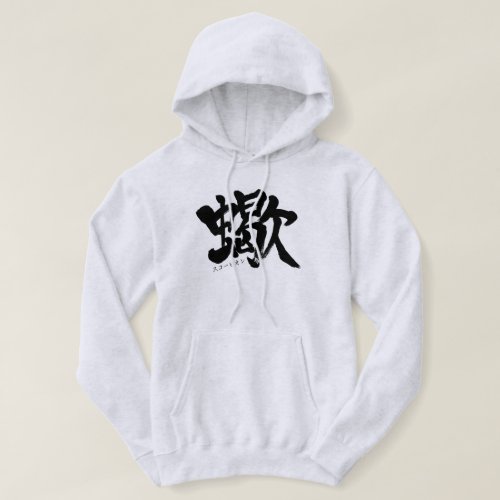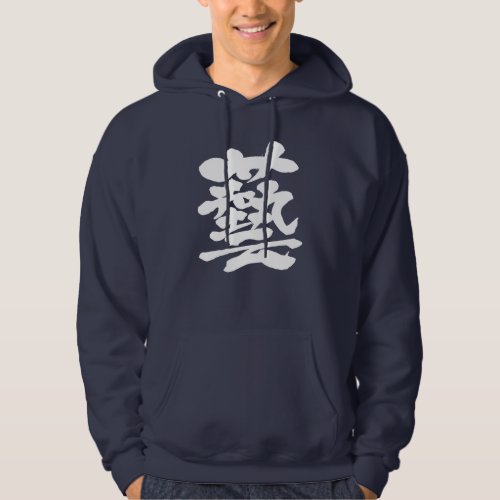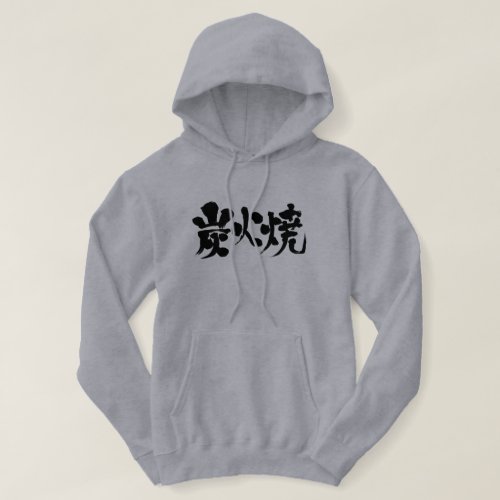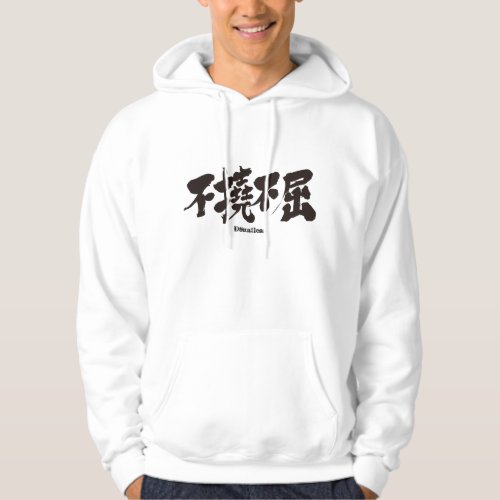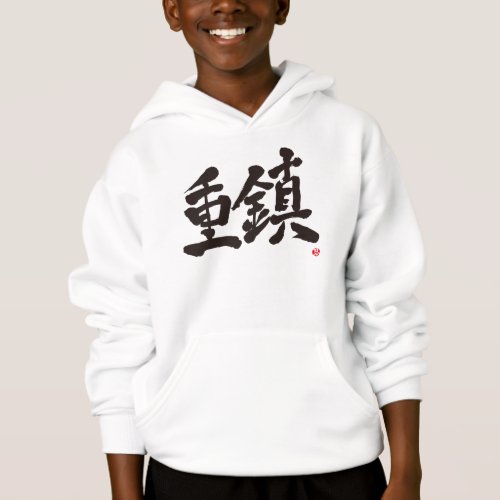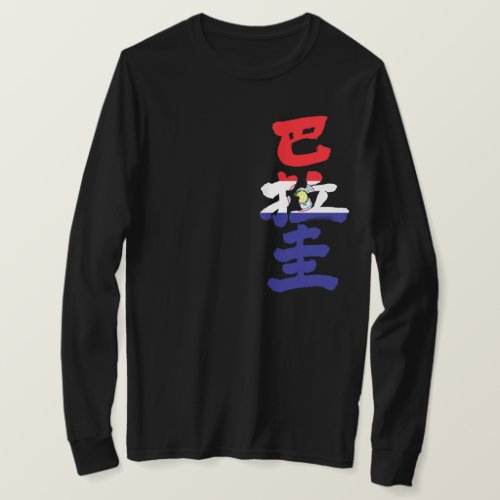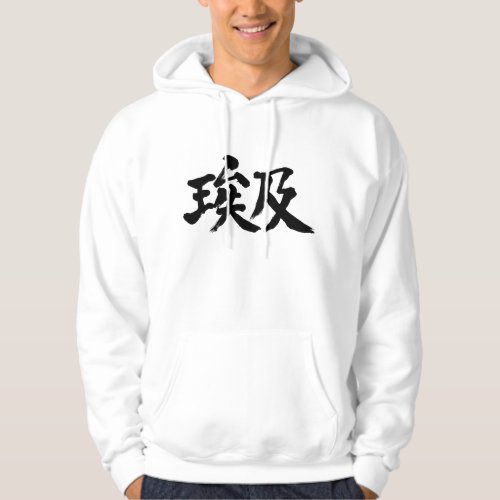long
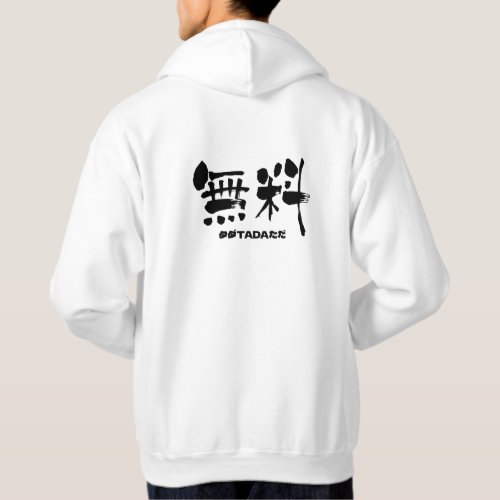
[Kanji] free amount Hoodie
Japanese called Muryo in Kanji, Tada in Katakana and Hiragana. All same mean for price of free and free amount.
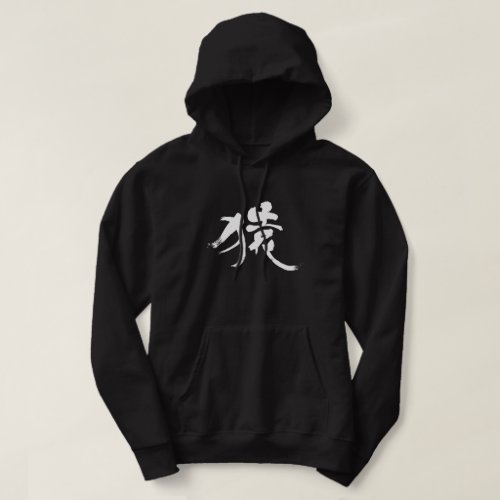
[Kanji] Monkey as white letter Hoodie
An animal that is considered to be the closest to humans. An animal that is considered to be the ancestor that evolved into humans. Japanese says Saru.
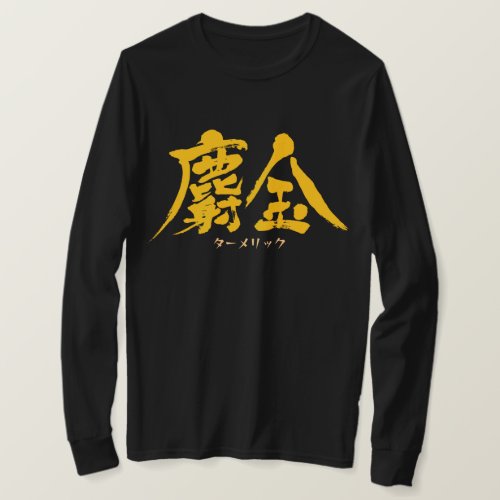
[Kanji] Turmeric as yellow letters T-Shirt
Japanese says "ukon" in Kanji with Turmeric in Japanese Katakana.
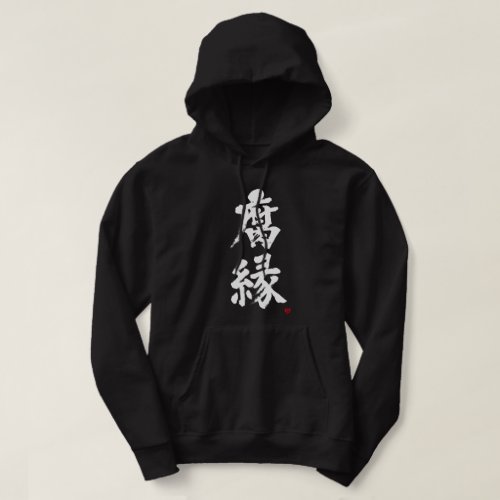
[Kanji] Old school friend Hoodie
Japanese says "Kusare-en". It means a relationship that you can't leave even if you try to leave, but if you take it positively, it means a long-stand
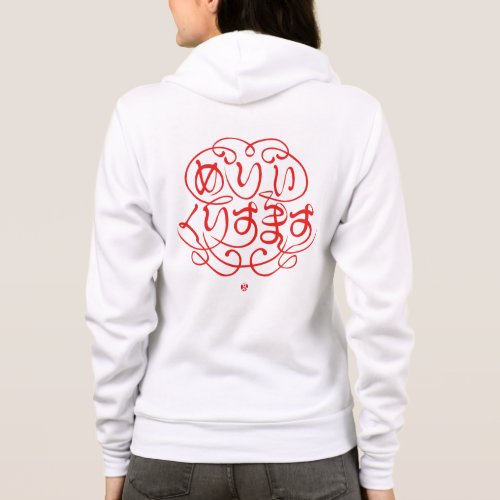
[Hiragana] merry christmas Hoodie
Used to express good wishes on or before Christmas Day. it is literal translation in Japanese Hiragana.
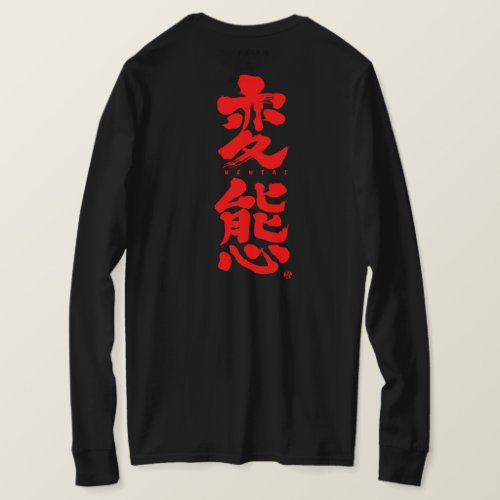
[Kanji] Hentai long sleeves T-Shirt
It usually means to change shape. Common name for adult manga and adult anime. Japanese says "Hen Tai".
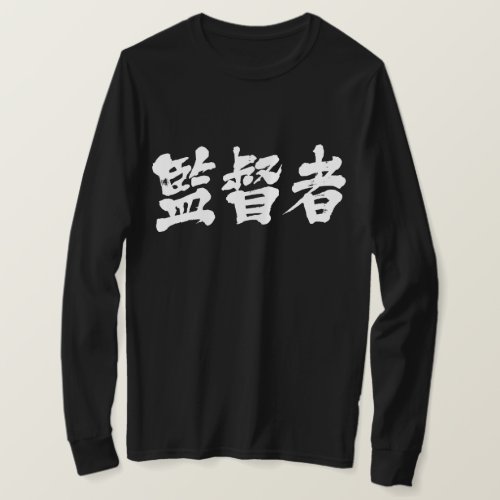
[Kanji] supervisor long sleeves T-Shirt
A person who monitors someone to make sure they comply with rules or other requirements set for them. A process responsible for managing other processes. Japane
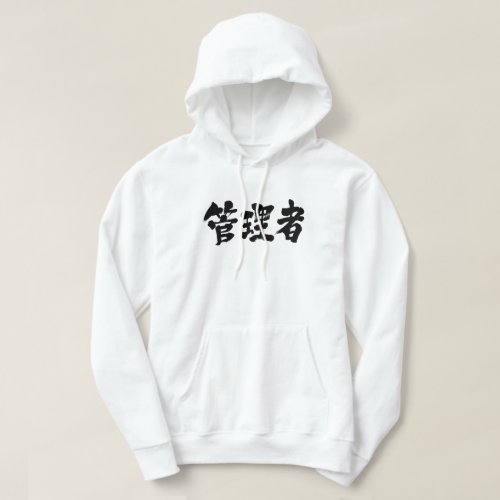
[Kanji] administrator Hoodie
director of store operations. business related to the management of workers. a person responsible for information control. a person in charge of information man
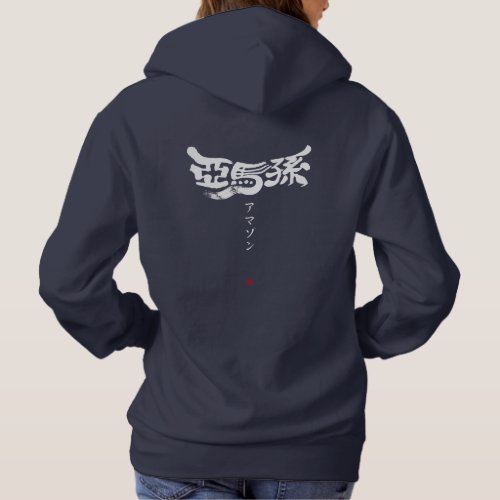
[Kanji] Amazon Hoodie
A tribe of women in Greek mythology. It is said that she was brave and had her right breast cut off because it would get in the way when drawing a bow. In turn,
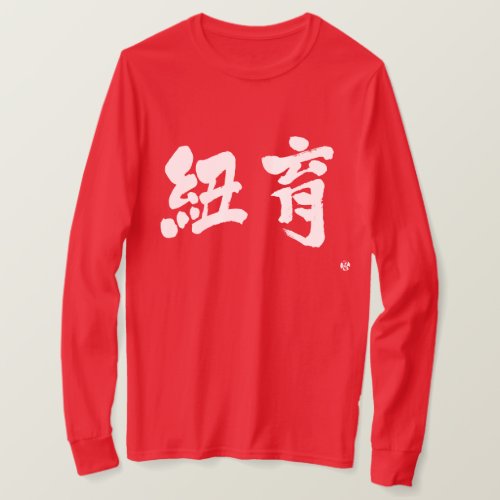
[Kanji] New York as two letters long sleeves T-Shirt
New York in Japanese Kanji. "紐約" is in Chinese Kanji. It is a formal Japanese Kanji character that is also in the dictionary. It's a colloquial Chine
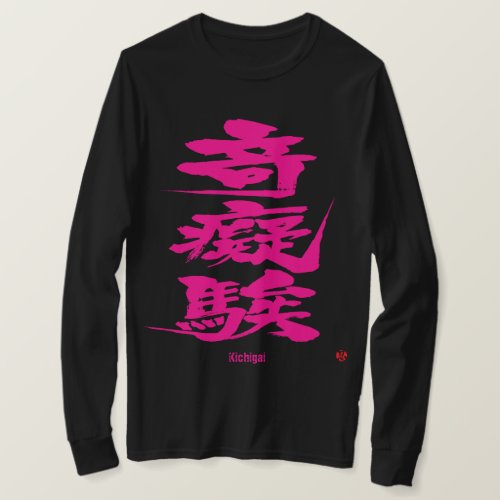
[Kanji] Crazy as passion pink difficult letters T-Shirt
It's coined word. A strange person who doubts humanity when translated freely. Japanese calls Ki-Chi-Gai. It's very difficult to read for Japanese too.
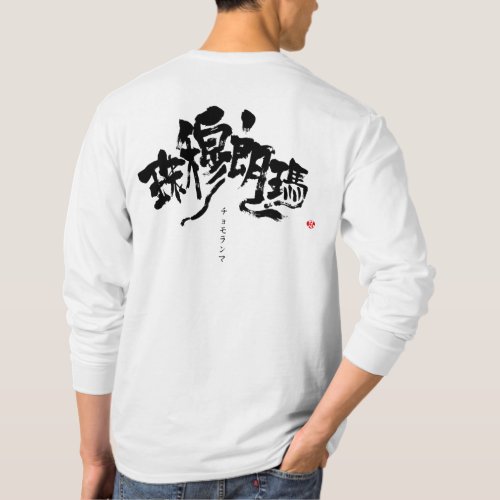
[Kanji] Mt.everest long sleeves T-Shirt
a mountain in the central Himalayas on the border of Tibet and Nepal. Chomolungma in Kanji characters.
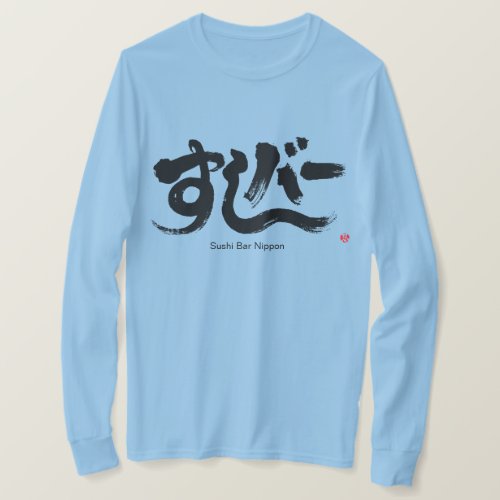
[Hiragana + Katakana] Sushi Bar long sleeve T-Shirt
Sushi bar in Japanese Hiragana and Katakana. Sushi is Hiragana and Bar is Katakana letters
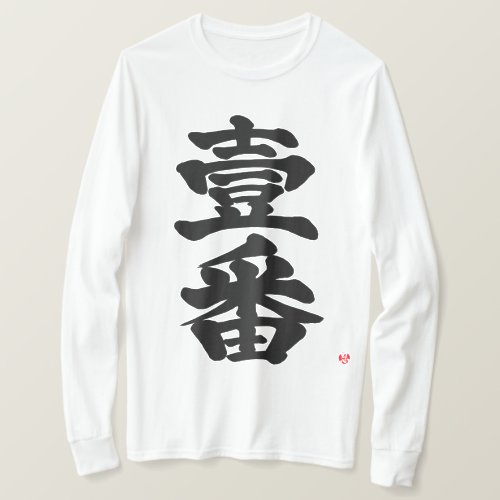
[Kanji] first, Ichiban as old difficult bk letter T-Shirt
Number one, first and Ichiban in Japanese Kanji. One is difficult classic kanji letter. Ban is current Kanji.
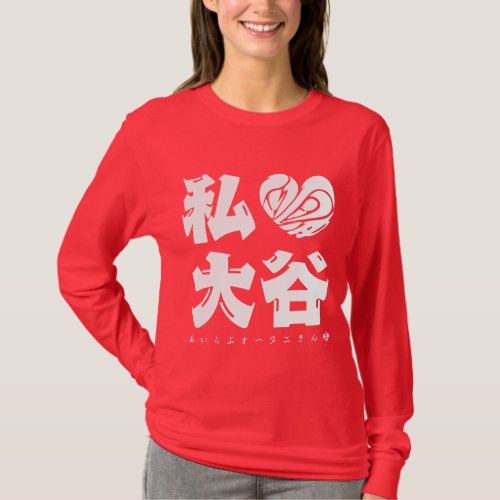
I love Ohtani as white letters T-Shirt
Heart is love in Kanji. Also "i love ohtani-san" in Japanese Hiragana and Katakana as small letters. Same designed front and back.
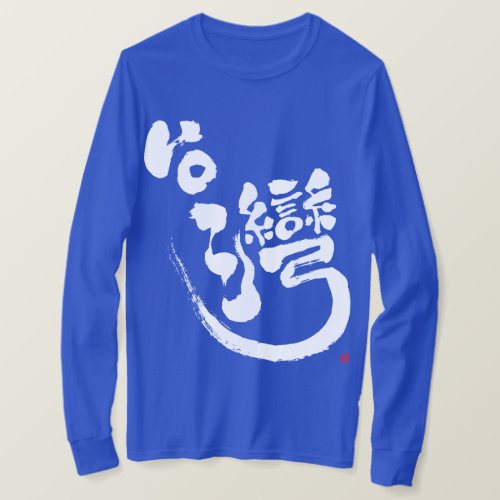
[Kanji] Taiwan long sleeves T-Shirt
It consists of Taiwan Island and its attached islands, located about 150 kilometers southeast of Fujian Province, located in southeastern China. Called the Repu
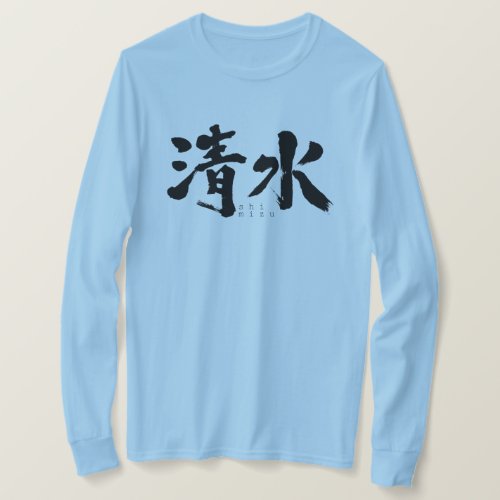
[Kanji] Shimizu long sleeves T-Shirt
Clean water in Japanese Kanji. it's 20th popular surname in Japan.
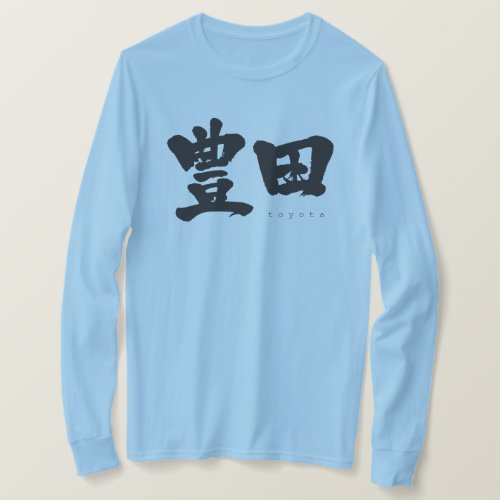
[Kanji] Toyota long sleeves T-Shirt
it's common surname in Japan. A place name in central Aichi prefecture.
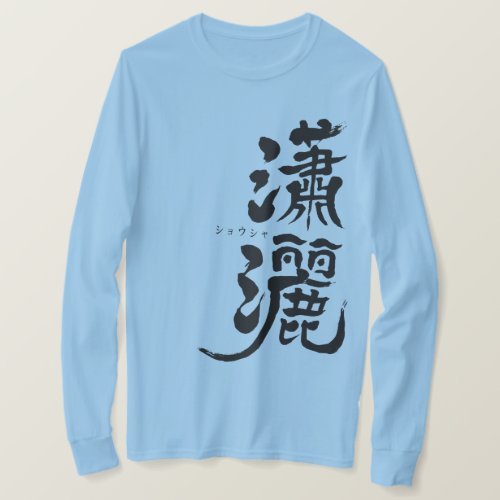
[Kanji] elegant men / women long sleeves T-Shirt
It seems that it is clearly missing. It looks like it's not profane. Japanese says "Sho-Sya".
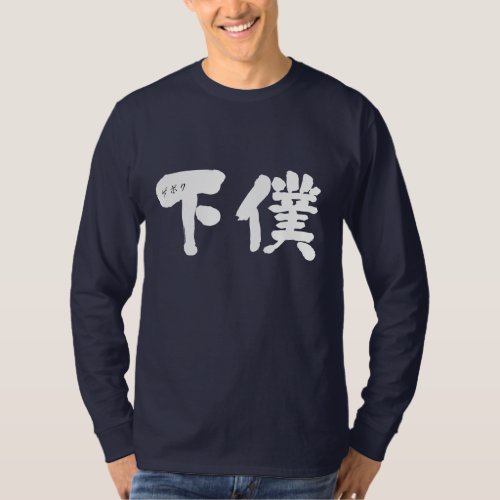
[Kanji] manservant Sleeveless Shirt
a man servant. a person working in the service of another. Japanese calls Ge-Boku.
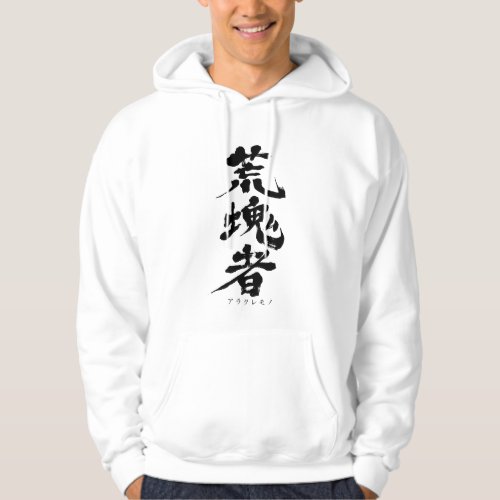
[Kanji] Whoops A55 Hoodie
A person with a rough temper and a violent behavior. Japanese calls ara-kure-mono.
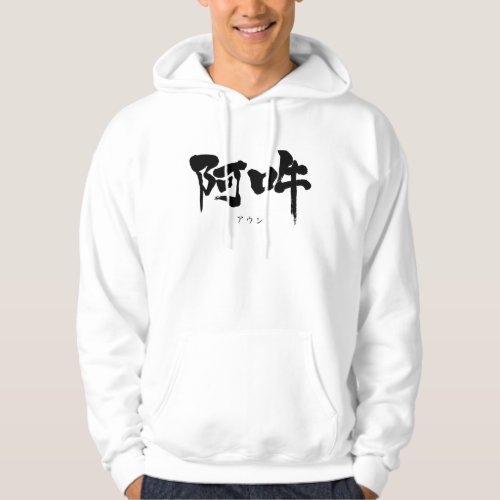
[Kanji] Inspiration and expiration Hoodie
Inspiration and expiration. the beginning and end of things. alpha and omega. Japanese says a-un
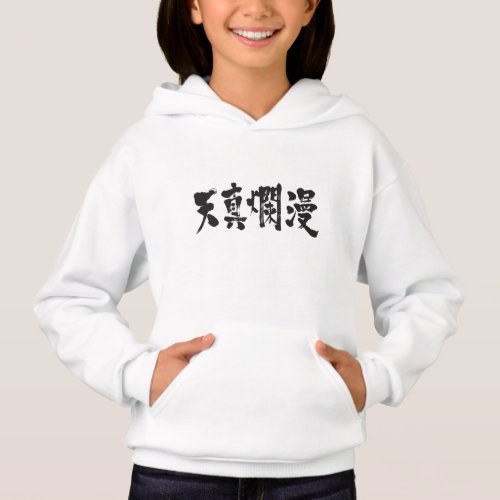
[Kanji] simple and innocent Hoodie
Behave as you wish with innocence itself. Innocent and bright. Japanese says Ten-shin-ran-man.
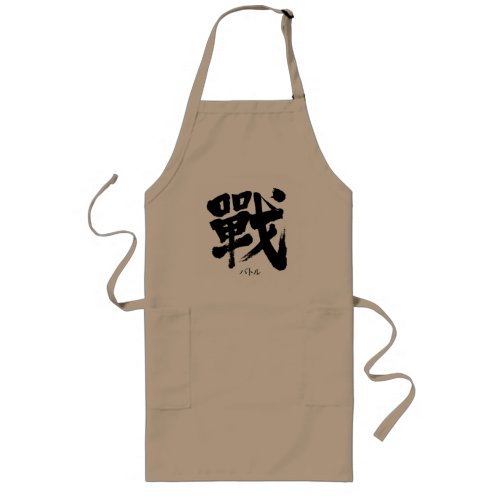
[Kanji] Battle as classic letter Long Apron
It is a Kanji that old Japanese were using. Japanese says Ikusa. It's same means "戦".
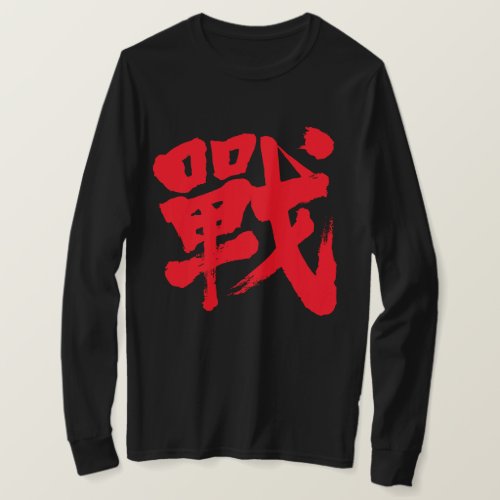
[Kanji] Battle as classic letter long sleeves T-Shirt
It is a Kanji that old Japanese were using. Japanese says Ikusa. It's same means "戦".
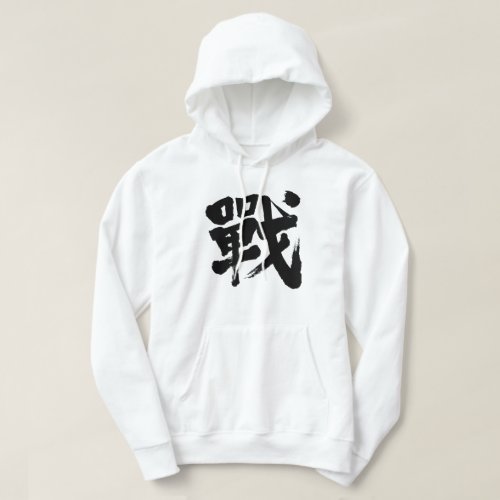
[Kanji] Battle as classic letter Hoodie
It is a Kanji that old Japanese were using. Japanese says Ikusa. It's same means "戦".
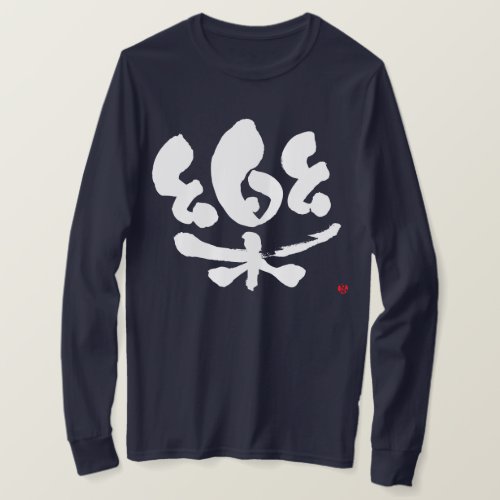
[Kanji] comfortable Long sleeve T-Shirt
1 free from stress or conducive to mental ease. 2 without strain or anxiety. Japanese says "raku".
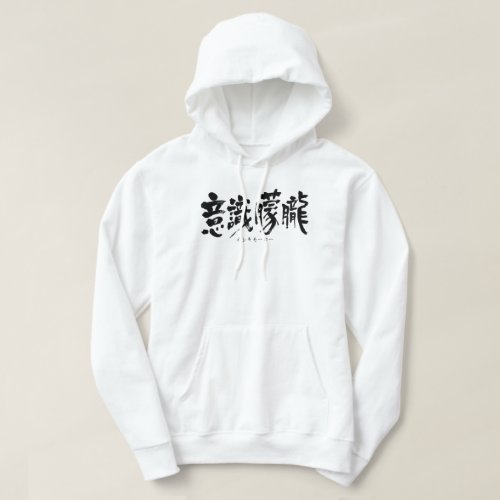
[Kanji] stupor T-Shirt Hoodie
Japanese calls I-Shiki-Mou-Rou marginal consciousness. the feeling of distress and disbelief that you have when something bad happens accidentally.
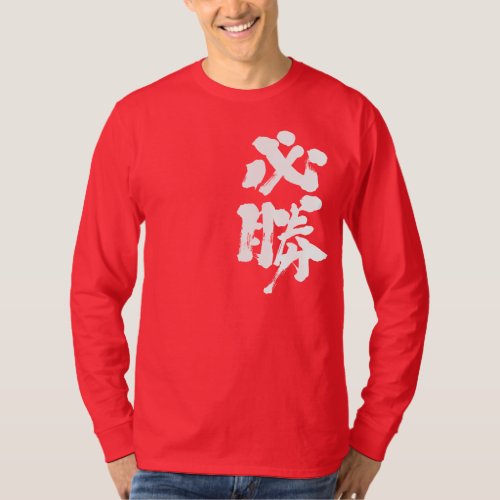
[Kanji] certain victory long sleeves T-Shirt
In Japan, it is a word used when making a request for sports competitions and academic tests. The wish to win is included. Japanese says "Hi-Sho".
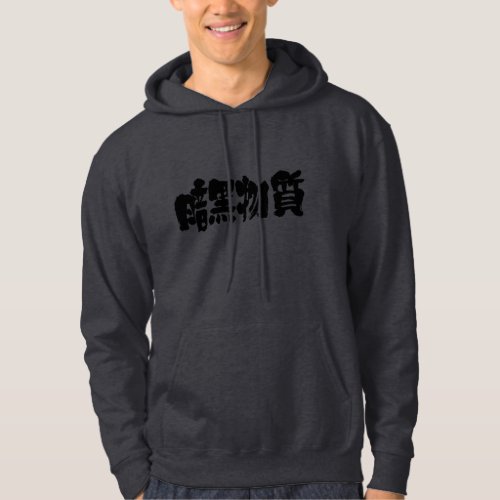
[Kanji] dark matter Hoodie
a hypothetical form of matter that is believed to make up 90 percent of the universe. Japanese calls An-Koku-Bu-Sshitsu.
